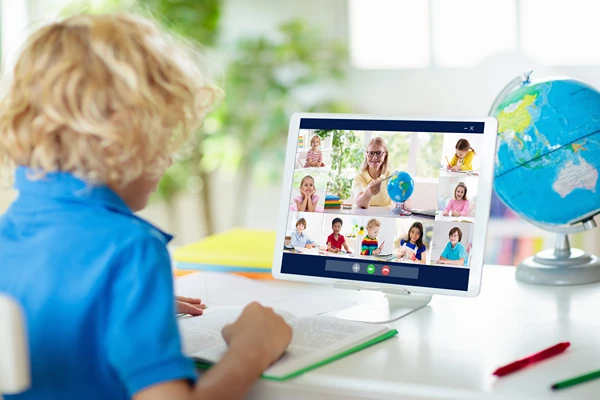How Becoming an Au Pair Can Broaden Your Horizons
Traveling abroad offers exciting opportunities for personal growth, cultural exchange, and professional development. For many young people seeking immersive experiences in foreign countries, becoming an au pair is a popular and rewarding choice.
Whether you’re looking to strengthen language skills, explore a new culture, or simply try something new before settling into a long-term career, au pairing opens doors to unique adventures.
Here’s means to be an au pair, the benefits of the role, and practical tips to make the most of the experience.
The Role and Responsibilities of an Au Pair
At its core, an au pair is a young person, typically between the ages of 18 and 30, who lives with a host family in a foreign country to provide childcare and light household duties in exchange for room, board, and a modest stipend.
Unlike other types of domestic work, the au pair arrangement is based on cultural exchange, with both parties benefiting from shared experiences and learning.
The responsibilities of an au pair vary from family to family but generally include tasks such as preparing simple meals for the children, helping them get ready for school, playing with them, and assisting with homework. Light housework related to the children’s care—such as tidying their rooms or doing their laundry—may also be part of the role. In most countries, au pairs are not expected to handle heavy cleaning or major household management.
Host families, in turn, are expected to welcome the au pair as a temporary family member, offering a private room, meals, and the opportunity to integrate into their daily lives.
Many families also encourage their au pair to attend language classes or participate in local community activities, further enhancing the cultural exchange aspect.
Understanding the Au Pair Definition and Cultural Exchange
The term “au pair” originates from the French language and means “on par” or “equal to.” This phrase reflects the fundamental principle of the arrangement: an au pair should be treated as an equal member of the host family, rather than as an employee. The au pair definition is more than just a job description—it embodies the spirit of mutual respect and cultural learning that lies at the heart of the experience.
For many, the appeal of being an au pair is the chance to live like a local in a new country. Unlike tourists who only scratch the surface of a culture during brief visits, au pairs are immersed in the daily routines, traditions, and values of their host families. This immersive experience fosters deep cultural understanding and personal growth, offering insights into everything from family dynamics to local festivals, cuisine, and customs.
In addition to cultural exchange, au pairs often build lasting relationships with their host families and fellow au pairs. Many report gaining lifelong friends, mentors, and even a second “home” abroad. These bonds can be incredibly rewarding and provide emotional support during the ups and downs of living in a foreign country.
Tips for a Successful Au Pair Experience
If you’re considering becoming an au pair, preparation is key to ensuring a positive and enriching experience. Here are some practical tips to help you get started:
Choose a reputable agency
While some au pairs find placements through informal networks, working with a reputable agency can offer added security and guidance. Agencies typically screen host families, provide legal support, and assist with visas and travel arrangements.
Set clear expectations
Before committing to a placement, have open and honest conversations with your potential host family. Discuss duties, working hours, curfews, days off, and any other important details. A written agreement can help avoid misunderstandings later on.
Learn the language
Even if fluency isn’t required, having basic language skills can make your transition smoother. Many host families appreciate au pairs who make an effort to communicate in their language, and it enhances your overall experience.
Embrace flexibility and open-mindedness
Living with a new family in an unfamiliar culture comes with challenges. Being adaptable and open to new experiences will help you navigate these moments with grace.
Make time for yourself
While your primary role is to care for the children and support the family, it’s important to carve out time for personal interests, friendships, and self-care. This balance helps prevent burnout and keeps your experience enjoyable.
Conclusion
Becoming an au pair is much more than just a job—it’s a transformative journey that offers personal growth, cultural immersion, and meaningful connections. By understanding the true au pair definition and approaching the experience with preparation and an open heart, you can make the most of this unique opportunity. Whether you stay for a few months or a full year, the lessons and memories you gain as an au pair will likely stay with you for a lifetime.




